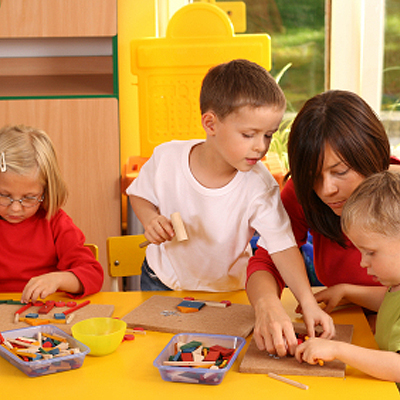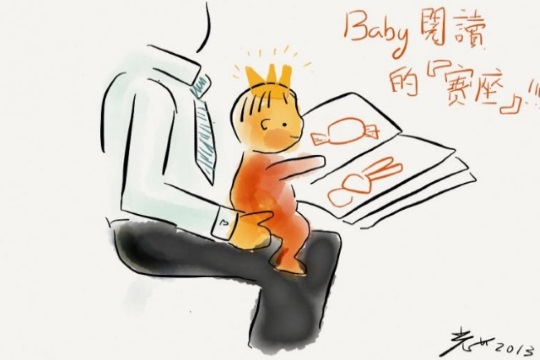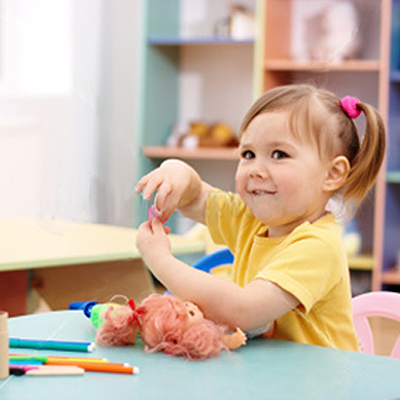Knowledge & Skills
Gifted Child - Learning Special Qualities
Asynchronous development in gifted learners might make them more vulnerable to social and emotional adjustment issues which could lead to distress and other negative consequences. Over-sensitivity, perfectionism, underdeveloped social skills and unrealistic expectations from adults could negatively affect their self-concept, learning and even interactions with others. Hence, affective education is an essential component of gifted education.
Gifted learners often excel in the intellectual domain but some show signs of over-excitabilities. Therefore, both teachers and parents have to carefully observe their distinctive traits which may be manifested in their behaviour. This would not only help parents and teachers to develop the gifted learners’ strength but also to seek early intervention when they notice that issues arising from maladjustment could possibly lead to more serious problems. This approach should be effective for the socioemotional development and well-being of the gifted.
It varies between education jurisdictions and from school to school depending on philosophy, definitions of giftedness adopted and the type of giftedness sought.
For more details, please visit www.hkage.org.hk – The Hong Kong Academy for Gifted Education.
Programme Title: Parent Conference
Target: All parents interested for gifted learners
Date: 15 May 2010
Hotline: 3967 3947
|
|















